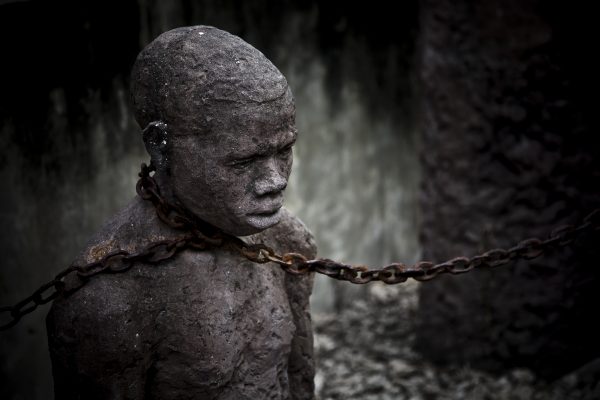From processions to nasheeds, otherwise known as praise songs, to humanitarian outreach and declaration of national holidays on his birthday in some countries among others, it is glaring that followers of Islam in Africa have ample ways of expressing their indubitable love for the Prophet.
From processions to nasheeds, otherwise known as praise songs, to humanitarian outreach and declaration of national holidays on his birthday in some countries among others, it is glaring that followers of Islam in Africa have ample ways of expressing their indubitable love for the Prophet.
Africa is known for its uniqueness in culture, civilization, and style that everything among the continent stands out. The Prophet of Islam, Mohammad (s), occupies a colossal position in the heart of African Muslims. Almost in every aspect of their life, the love of the Prophet glaringly manifests.
To many Muslims across the continent, Maulud (or Mawlid) heralds the period of expression of love and reflections on the impeccable characters of Prophet Mohammad (s), hence the series of celebrations that the month of Rabi’ul Awwal is accorded with.
As Qur’an 93:11 rightly captures, “For the favour of your Lord, report (it)”, Muslims in Africa believe that the greatest gift Allah has favoured them with is sending them Prophet Mohammad.
From the 1st of Rabi’ul Awwal to its end, almost every day has its own function that is meant to celebrate the birthday of the Holy Prophet of Islam. That is to say that organising Maulud is the most distinctive feature of the month as well as the usual way of commemorating the Prophet’s birthday. This programme is carried out in a hall or open air.
African Muslim poets are known for composing poems eulogizing the unblemished qualities of Prophet Mohammad (s) as another way of showcasing their love for him. In Africa, these songs are recited using some traditional and modern musical instruments like bandiri, piano, and tambourin.
“In bandiri, Mohammed is often the focus of intense love and longing and bandiri singers (and Sufi adepts) refer to themselves as ‘Lovers of the Prophet’ – the emotional excessive realm of secular love being used to convey to quite different but equally emotional parameters of religious love”, says Brian Larkin.
Another way Muslims express their love for the Prophet (s) is by giving charity and feeding the needy for the sake of him. Though this gesture is practiced throughout the year, in the birthday month of the Prophet Mohammad (s), it intensifies as everyone is seeking closeness with the Prophet.
Some even go to the extent of organising medical outreach in communities dominated by people with special financial needs to conduct tests for them and donate medicine to them for the sake of their love for Prophet Muhammed.
In Nigeria, the Unity Week annually organised by the Islamic Movement in Nigeria has become a melting pot of ideas. Started about two decades ago, the event that is done for a whole week features leading Islamic clerics from different denominations to deliver lectures on unity.
From the 12th to the 17th of Rabi’ul Auwal, the Islamic Movement organises a series of programmes it tagged; ‘Unity Week’, where scholars from different denominations of Islam irrespective of their ideological inclinations discuss on a wide range of issues that concerns the Muslim world. Scholars from neighboring countries like Niger Republic, Cameroon, and as far as Iraq have graced this occasion.
Furthermore, in some African nations, especially those with a large Muslim population in the month of Rabi’ul Awwal, the day is declared a work-free day so as to enable lovers of the Holy Prophet to express their love for him in style. On this public holiday, Muslims march from one street to another in colourful outfits chanting praise songs to commemorate the birthday of Prophet Mohammad (s).
In countries like Libya, Ghana, Nigeria, Egypt, South Africa, Kenya, and Sudan, there is a section of the Muslim population that does not celebrate the birthday of the Prophet because, according to them, the Prophet didn’t celebrate his own birthday. On the other hand, for many, it is a period that calls for celebration.
For instance in Libya, there is the hadrah, a ritual that involves songs, flutes, and tambourines are used to offer praises to Allah.
Finally, one can understand that love of the Prophet of Islam in Africa is expressed in various ways, looking at the tapestry of events and activities that are done to show his love by many adherents of Islam in the continent.
From processions to nasheeds, otherwise known as praise songs, to humanitarian outreach and declaration of national holidays on his birthday in some countries among others, it is glaring that followers of Islam in Africa have ample ways of expressing their indubitable love for the Prophet.





